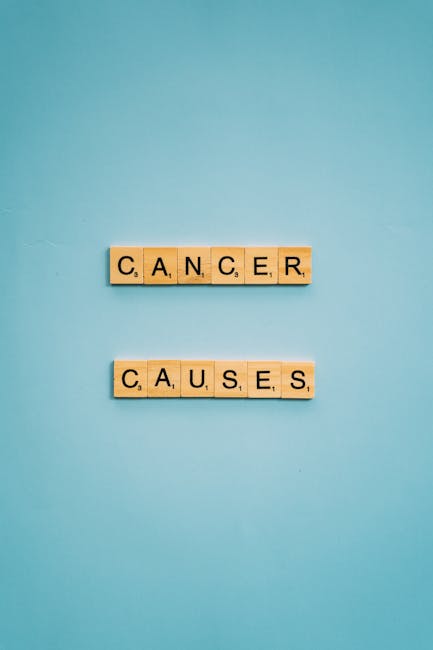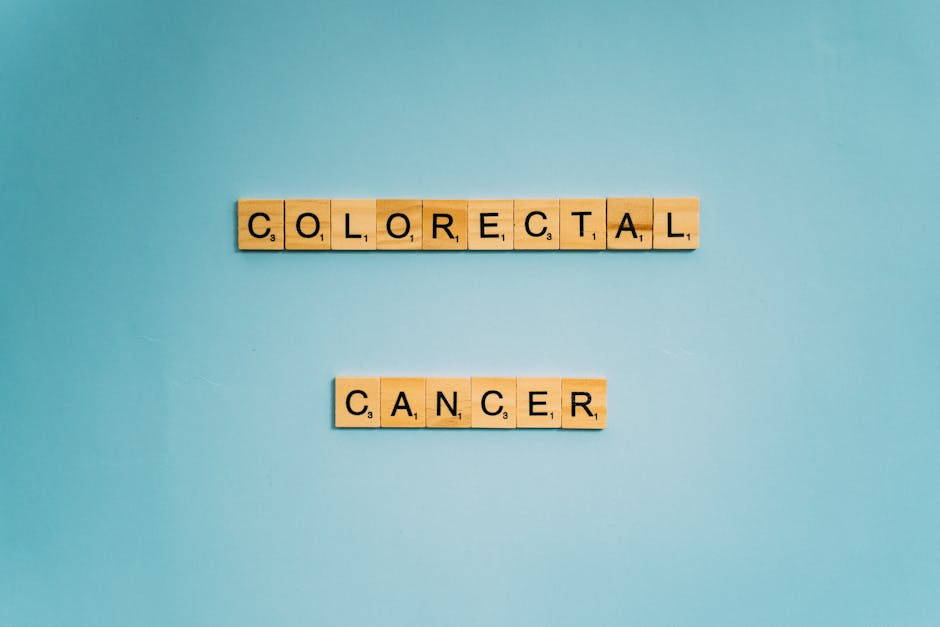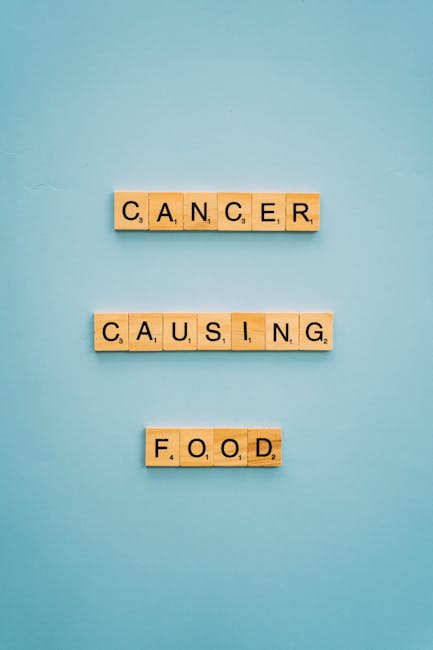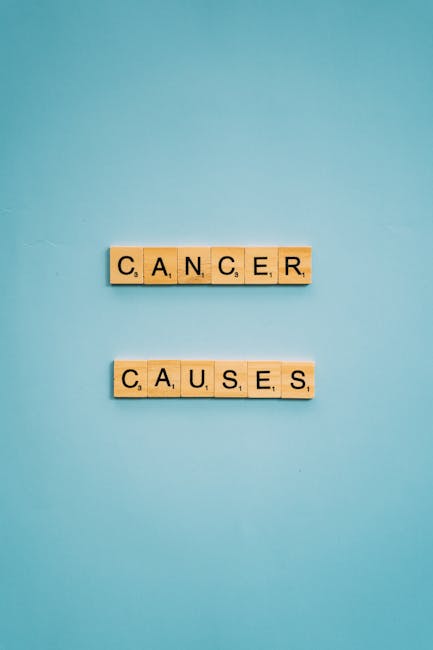What is Colorectal Cancer?
Colorectal cancer, also known as bowel cancer, is a disease in which cancerous cells form in the lining of the colon or rectum. The colon and rectum are the last parts of the digestive tract. Colorectal cancer is a significant global health concern, representing a substantial number of cancer diagnoses and deaths annually. Understanding the disease, its risk factors, and available treatments is crucial for early detection and improved outcomes.
Types of Colorectal Cancer
Colorectal cancer is broadly classified into two main types based on the location of the cancer’s origin:
- Colon cancer: This type develops in the colon, the larger part of the large intestine.
- Rectal cancer: This type develops in the rectum, the final section of the large intestine.
Further sub-classification exists based on the specific type of cells involved and the stage of the cancer’s progression. These classifications help doctors determine the most effective treatment strategy.

Risk Factors for Colorectal Cancer
Several factors increase the risk of developing colorectal cancer. While not all individuals with these risk factors will develop the disease, understanding them is crucial for preventative measures and early detection screenings.
- Age: The risk significantly increases with age, with most cases diagnosed in individuals over 50.
- Family history: Having a family history of colorectal cancer, particularly in first-degree relatives, increases the likelihood of developing the disease.
- Personal history of polyps or colorectal cancer: Individuals with a history of adenomatous polyps (precancerous growths) or a prior diagnosis of colorectal cancer have a significantly higher risk of recurrence.
- Inflammatory bowel disease (IBD): Chronic conditions such as ulcerative colitis and Crohn’s disease substantially increase the risk of colorectal cancer.
- Diet and lifestyle: A diet low in fiber and high in red and processed meats is linked to an increased risk. Lack of physical activity and obesity also contribute.
- Smoking: Smoking is a known carcinogen and significantly increases the risk of colorectal cancer.
- Alcohol consumption: Excessive alcohol consumption is associated with a higher risk of developing colorectal cancer.
- Genetics: Certain genetic syndromes, such as Lynch syndrome and familial adenomatous polyposis (FAP), predispose individuals to a higher risk of colorectal cancer.
Symptoms of Colorectal Cancer
In its early stages, colorectal cancer often presents with no noticeable symptoms. However, as the cancer progresses, several symptoms may appear. It’s crucial to seek medical attention if you experience any of the following:

- Changes in bowel habits, such as persistent diarrhea or constipation
- Rectal bleeding or blood in the stool
- Persistent abdominal cramping or pain
- Unexplained weight loss
- Feeling of incomplete bowel evacuation
- Weakness and fatigue
- Anemia
The presence of these symptoms does not necessarily indicate colorectal cancer, but they warrant a prompt medical evaluation.
Diagnosis and Screening
Early detection is crucial for successful treatment of colorectal cancer. Several screening methods are available to detect the disease in its early stages, even before symptoms appear.
- Colonoscopy: This procedure allows for direct visualization of the colon and rectum, enabling the detection and removal of polyps.
- Sigmoidoscopy: Similar to colonoscopy, but examines only the lower part of the colon.
- Stool tests: These tests can detect hidden blood in the stool, a potential sign of colorectal cancer.
- CT colonography (virtual colonoscopy): A less invasive imaging technique that provides a three-dimensional view of the colon.
Screening guidelines vary depending on age, risk factors, and family history. Consult with your healthcare provider to determine the appropriate screening schedule for you.
Treatment Options for Colorectal Cancer
Treatment for colorectal cancer depends on several factors, including the stage of cancer, the location of the tumor, and the individual’s overall health. Common treatment options include:
- Surgery: Surgical removal of the cancerous tumor and surrounding tissue is often the primary treatment for colorectal cancer.
- Chemotherapy: This involves using drugs to kill cancer cells. It may be used before surgery (neoadjuvant chemotherapy) to shrink the tumor or after surgery (adjuvant chemotherapy) to reduce the risk of recurrence.
- Radiation therapy: This uses high-energy radiation to kill cancer cells. It may be used alone or in combination with chemotherapy.
- Targeted therapy: This newer approach targets specific molecules involved in cancer growth and spread.
- Immunotherapy: This treatment boosts the body’s immune system to help fight cancer cells.
Prevention and Lifestyle Modifications
While not all cases of colorectal cancer can be prevented, adopting a healthy lifestyle can significantly reduce the risk.

- Maintain a healthy diet: Include plenty of fruits, vegetables, and whole grains in your diet. Limit red and processed meat consumption.
- Engage in regular physical activity: Aim for at least 150 minutes of moderate-intensity aerobic activity per week.
- Maintain a healthy weight: Obesity is a risk factor for colorectal cancer.
- Avoid smoking: Smoking is a significant risk factor for many cancers, including colorectal cancer.
- Limit alcohol consumption: Excessive alcohol intake increases the risk of colorectal cancer.
Regular screening, combined with a healthy lifestyle, is essential in reducing the risk and improving outcomes for colorectal cancer.

